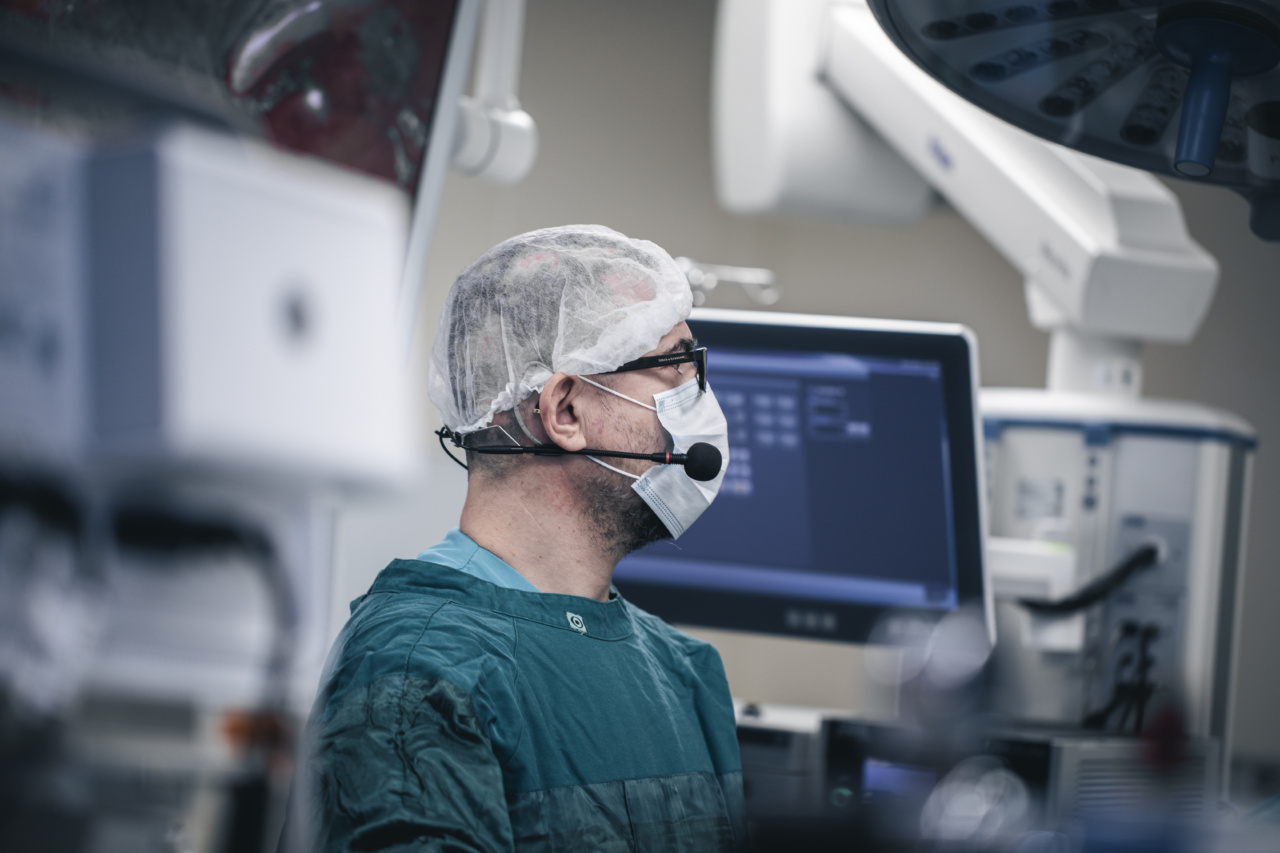Abdominal hernias are a very common problem that affects millions of people worldwide. They occur when internal organs push through a weak spot in the abdominal wall, causing a bulge or bulges that can be painful and uncomfortable.
There are several types of abdominal hernias, but the most common ones are inguinal hernias, femoral hernias, umbilical hernias, and incisional hernias.
The treatment for abdominal hernias is usually surgery, which involves repairing the weakened abdominal tissue so that the organs can no longer push through. However, the timing of surgery is a matter of debate among medical professionals.
Some physicians believe that surgery should be performed as soon as possible, while others argue that it is better to wait and observe the hernia for a while to see if it will resolve on its own before deciding on surgery. So, when is the best time to undergo abdominal hernia surgery?.
Symptoms of Abdominal Hernias
First, let’s take a look at some of the symptoms of abdominal hernias so you can get a better idea of what to look for. Common symptoms of abdominal hernias include:.
1. A visible bulge or swelling under the skin.
2. Pain or discomfort around the bulge, especially when bending over or lifting heavy objects.
3. Nausea and vomiting.
4. Constipation or difficulty passing gas.
5. Feeling of fullness in the abdomen.
6. Feeling of pressure in the groin area (for inguinal and femoral hernias).
When to Consider Surgery for Abdominal Hernias?
While not all abdominal hernias require surgery, there are some cases when surgery is necessary. You should consider surgery if:.
1. Your hernia is growing or causing discomfort.
2. Your hernia is obstructing your bowel or interfering with other bodily functions.
3. Your hernia is causing pain and affecting your quality of life.
4. Your hernia is causing complications such as strangulation, where the blood supply to the herniated organ is cut off, leading to tissue death and other serious complications.
If your hernia is not causing any symptoms or complications, your physician may recommend a “watch and wait” approach. This means that you will be monitored closely to see if your hernia worsens over time or resolves on its own.
If there is no improvement or the hernia worsens, your physician may recommend surgery.
The Benefits of Early Surgical Intervention for Abdominal Hernias
One argument in favor of early surgical intervention for abdominal hernias is that it can prevent complications and reduce the risk of recurrence.
By repairing the weakened abdominal wall as soon as possible, surgeons can reduce the chance of the hernia reoccurring and prevent complications such as strangulation and intestinal obstruction.
In addition, early surgical intervention has been associated with a shorter recovery time and a lower risk of postoperative complications compared to delayed surgery.
According to a study published in the Annals of Surgery, patients who underwent early surgical intervention for inguinal hernias had a shorter hospital stay and a lower risk of complications such as wound infection and urinary retention compared to those who underwent delayed surgery.
The Risks of Delayed Surgical Intervention for Abdominal Hernias
Delaying surgical intervention for abdominal hernias can increase the risk of complications and make the surgery more complicated.
As the hernia grows larger, there is a higher risk of complications such as incarceration, where the herniated organ becomes trapped and cannot be pushed back into place. Incarceration can lead to bowel obstruction and can be life-threatening if left untreated.
In addition, delaying surgery can also increase the risk of recurrence. The longer the hernia is left untreated, the weaker the abdominal wall becomes, increasing the likelihood of the hernia coming back after surgery.
Conclusion
In conclusion, the timing of surgery for abdominal hernias depends on several factors, including the size and location of the hernia, the severity of symptoms, and the presence of complications.
If your hernia is causing discomfort or interfering with your quality of life, or if complications such as strangulation are present, surgery is usually recommended as soon as possible. On the other hand, if your hernia is not causing any symptoms or complications, your physician may recommend a “watch and wait” approach.
It is important to note that surgery for hernias is usually safe and effective, and delaying surgery can increase the risk of complications and recurrence.
Ultimately, the decision on when to undergo surgery for abdominal hernias should be made in consultation with your physician, who can provide you with a personalized treatment plan based on your individual needs.






























